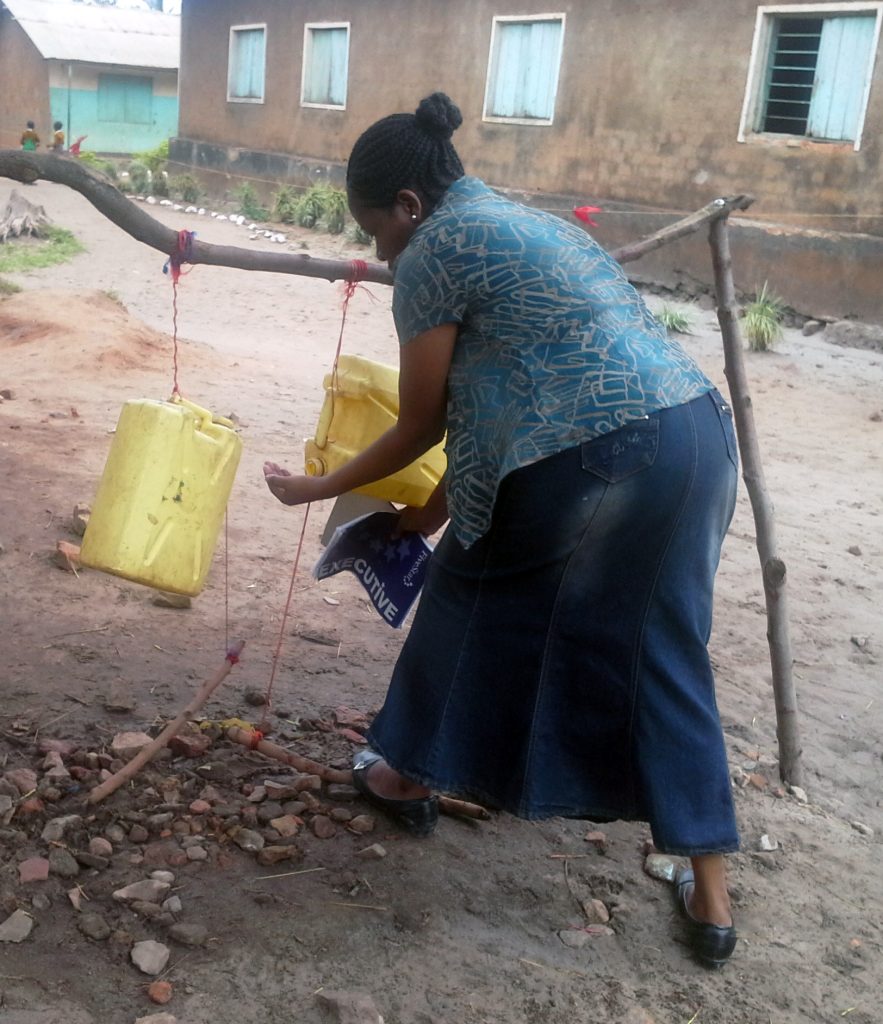
For Tanzania to meet a WHO-specified target of one or more epidemiologists per 200,000 population [1] it will require an additional 250 epidemiologists who are well-trained and geographically distributed in all regions of the country.
To help address this gap, I-TECH, in collaboration with the Centers for Disease Control and Prevention (CDC) and the Ministry of Health Community, Development, Gender, Elderly and Children in Tanzania, launched a new Intermediate Field Epidemiology Training Program (FETP) for mid-level health professionals.
The goal of the Intermediate Course is to build field epidemiology capacity at the district levels to address (re-) emerging public health threats, with a focus on improving HIV treatment and care programs. The course prepares trainees to analyze data from multiple sources to identify public health problems and operational questions, including problems with retention in HIV care. The six-month, blended course combines four in-class training (maximum of two weeks each) interspersed with three field assignments at their work sites (8-12 weeks each). Since the start of the program, 37 trainees from different regions of Tanzania Mainland and Zanzibar have graduated from the course and 14 more from regions not initially covered are being added for the fourth cohort.
- Ijaz K, Kasowski E, Arthur RR, Angulo FJ, Dowell SF. International Health Regulations–What gets measured gets done. Emerg Infect Dis. 2012;18(7):1054-1057